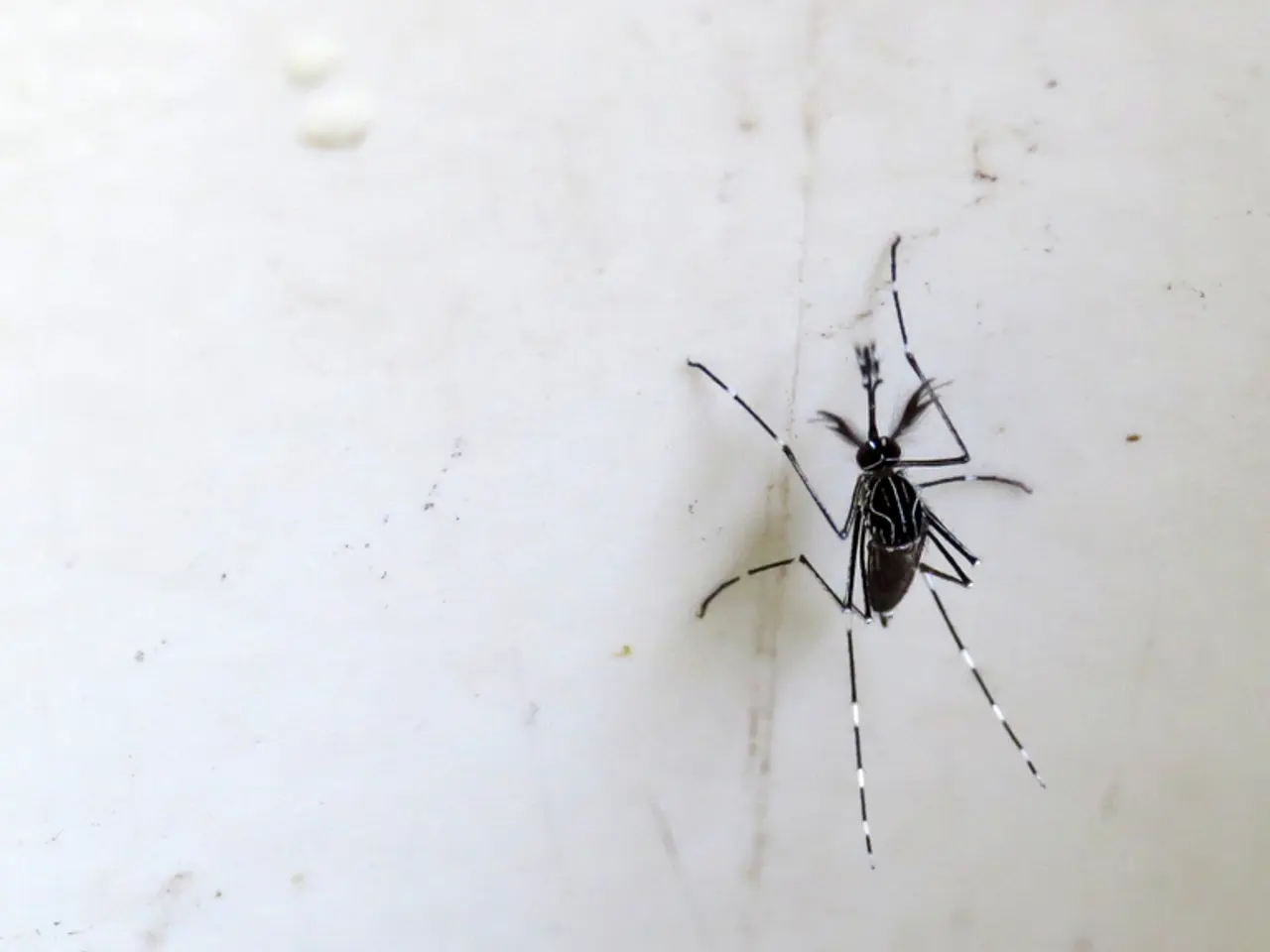Steady increase in imported chikungunya cases predicted by health expert in Hong Kong
Hong Kong Intensifies Mosquito Control Measures to Combat Chikungunya Fever
Hong Kong is taking decisive action to prevent a potential outbreak of chikungunya fever, a mosquito-borne disease, following a series of imported cases and outbreaks in neighbouring Guangdong province.
The city has implemented a range of strengthened mosquito control measures to mitigate the increased risk. These measures include setting up more mosquito traps and extending their use, application of larvicidal oils and larvicides, clearing stagnant water and overgrown grass, conducting fogging operations, leveling ground surfaces, strengthening disinfection and outreach efforts, and enhancing public education and community involvement.
Environmental management, chemical control, surveillance, public education, and interdepartmental coordination are at the heart of these initiatives. The measures are aimed at eliminating breeding sites of not only chikungunya fever but also dengue, Japanese encephalitis, and other mosquito-borne diseases.
Residents of high-risk areas, such as Lei Tung Estate and other districts like Kwun Tong and Kwai Tsing, are taking preventive measures to protect themselves. This includes applying mosquito repellent and eliminating stagnant water from their homes.
The City's efforts form part of a multiphase Anti-mosquito Campaign 2025, which aims to heighten public awareness, encourage community participation, and eliminate breeding sites of mosquito-borne diseases.
Symptoms of chikungunya fever include fever, joint pain, muscle pain, nausea, and rashes. If individuals experience serious joint pain and fever, they should seek medical treatment, as the disease's after-effects might last for several months, and some patients might develop chronic arthritis.
Dr. Joseph Tsang Kay-yan, a leading infectious disease specialist, has warned the public to avoid traveling to high-risk areas. The number of imported cases in Hong Kong may increase due to many residents living in Guangdong province, where infections are rising.
The recent heavy rainfall in Hong Kong could lead to stagnant water, favouring mosquito breeding and potentially increasing the number of chikungunya cases. Therefore, the public shares responsibility with the government in preventing the spread of chikungunya fever.
Three new cases of chikungunya fever were confirmed in Hong Kong on Wednesday, including a woman from Guangdong province's Foshan and a father and son who traveled to Bangladesh. Around 15% to 35% of infected individuals may have mild symptoms in the first seven days of the illness, which may not be easily noticed.
The public is encouraged to stay informed, take necessary precautions, and cooperate with the government's efforts to control the spread of chikungunya fever.







